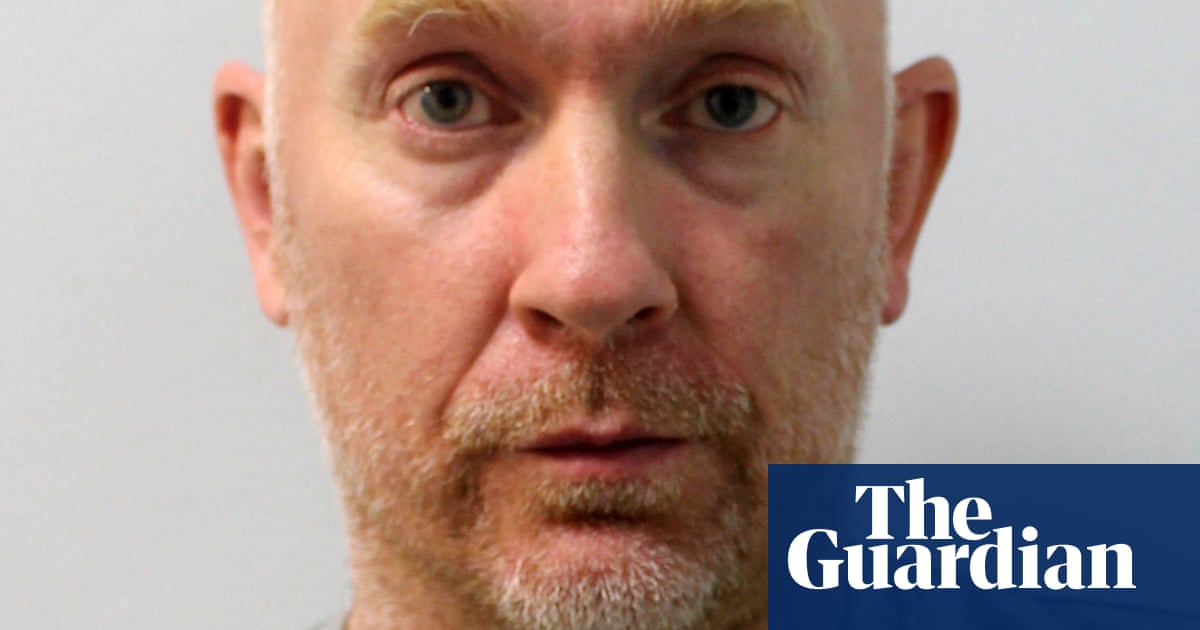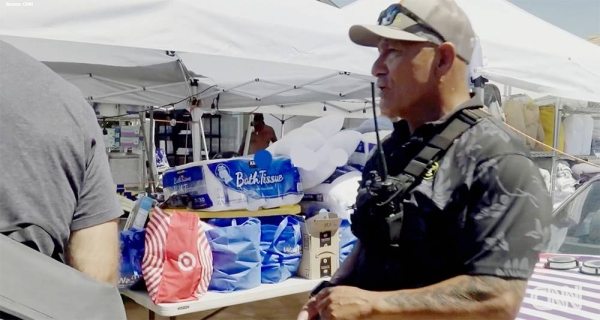
Police have accepted they may have had enough clues to identify Wayne Couzens as a threat to women before he raped and killed Sarah Everard..
Couzens was handed a rare whole-life sentence on Thursday, meaning he will spend the rest of his life in jail. The judge said his crimes were as serious as a terrorist atrocity because he abused his powers as a police officer to commit them.
Amid signs of more troubling revelations to come, Dame Cressida Dick, the head of the Metropolitan police, admitted the murder heaped shame on Britain’s biggest force as she scrambled to make meaningful reforms.
The Guardian understands that an investigation into Couzens’s phone, which was seized after he was arrested for the attack on Everard, revealed he was part of a WhatsApp group involving police officers now under investigation over alleged misogynistic, racist and homophobic messages, sources say.
Steve House, the Met deputy commissioner, said there was no getting away from the force’s responsibility. “We should own this,” he said. “He [Couzens] was one of us and we need to look at ourselves very, very carefully to understand … how was he allowed to be one of us, and what does it say about us as an organisation. Organisationally, we own this guilt.”
New details of previous indecent exposure claims against Couzens emerged on Thursday. A man was accused of being naked from the waist down in a car in Kent in 2015, and of twice exposing himself at a London McDonald’s days before the murder, with details of cars linked to Couzens in both instances passed to police.
A simple registration plate check, available to police on systems belonging to the Driving and Vehicle Licensing Agency, could have linked Couzens to alleged offending, but officers failed to identify him, the Met assistant commissioner Nick Ephgrave confirmed, and no action was taken before Everard’s murder.
Ephgrave said: “It is one of the inquiries you could make when that gets allocated to you, absolutely. OK, we’ve got this vehicle, what can we find out about this vehicle.”
Asked if it was reasonable to conclude that police may have had enough information to identify Couzens as a sexual threat to women prior to the murder of Everard on 3 March, for the first time a police chief accepted that that was possible.
Ephgrave said: “That is an obvious question to ask, and something I have thought about a lot. It’s hard to think about it without knowing what we now know.”
He added: “If any of those things had been in a different order, would the outcome have been different? Well, maybe.”
The Independent Office for Police Conduct is investigating whether chances were missed by Kent in 2015 and the Met days before the murder of Everard, to identify Couzens as a threat to women.
It is also investigating the group chat Couzens was a part of and, after consultations with prosecutors, has told two Met officers and one former Met officer they are under criminal investigation.
The victims commissioner for England and Wales, Dame Vera Baird, told the Guardian that chances had been missed. “He was accused of flashing when he was in Kent and nothing came of that and three days before he murdered Sarah, he was accused of flashing again,” she said.
“Where was the red flag that should have gone up after these incidents? Surely better notice should have been taken of that. There should have been an intervention. If he were arrested for that, the chances are he wouldn’t have been able to do what he did.”
Police say they have looked at whether Couzens committed any other serious violent crimes and they do not believe so. They appealed for anyone with claims about further offending by Couzens to contact them.
A senior Labour MP led calls for Dick, 60, to resign, and said women’s confidence in the police “will have been shattered”. Harriet Harman said it would be impossible for Dick to oversee the changes needed to rebuild trust.
But the home secretary, Priti Patel, said she would “continue to work with” the commissioner despite “serious questions” for the Met. This month Dick’s contract was extended by two years, meaning she will continue to lead the force until 2024.
The Independent Office for Police Conduct (IOPC) is investigating whether chances were missed to identify Couzens as a threat, and the findings could threaten further damage to police.
Ephgrave said the Met’s way of protecting and serving women was under review and promised extra resources.
Asked if Couzens was a one-off or an extreme example of an alleged anti-woman culture in policing, Ephgrave said: “I’m wrestling with myself. It is tempting to say he is so extreme, he is an exception. But that cannot be an excuse to ignore more broader issues. We need to examine our own culture.”












